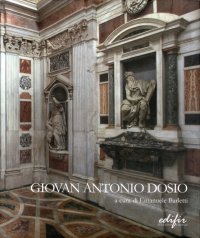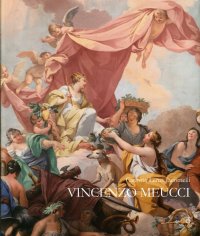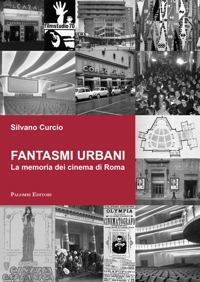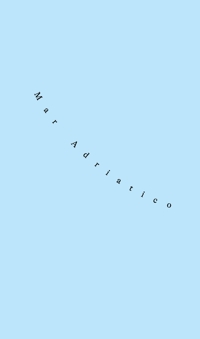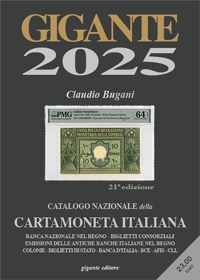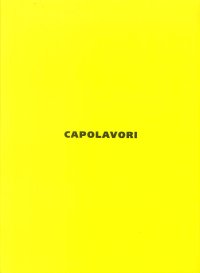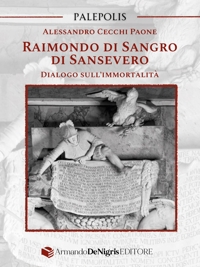Gio. Benedetto Castiglione Genovese. Il Grechetto a Roma. Committenza e opere
Edited by Orlando Anna and Francesco Rotatori.
Genova, 2023; paperback, pp. 304, col. ill., cm 23x29.
cover price: € 150.00
|
Books included in the offer:
Gio. Benedetto Castiglione Genovese. Il Grechetto a Roma. Committenza e opere
Edited by Orlando Anna and Francesco Rotatori.
Genova, 2023; paperback, pp. 304, col. ill., cm 23x29.
FREE (cover price: € 150.00)
Giovan Antonio Dosio Da San Gimignano Architetto e Scultor Fiorentino tra Roma, Firenze e Napoli
Edited by Emanuele Barletti.
Photographs by BACHerin Paolo and Saverio De Meo.
Prima edizione 2011.
Firenze, 2011; bound, pp. 844, b/w and col. ill., tavv., cm 24x28,5.
FREE (cover price: € 98.00)
Vincenzo Meucci
Co-Editore: Cassa di Risparmio di Firenze.
Firenze, 2015; hardback, pp. 304, col. ill., cm 25x29,5.
(Arte).
FREE (cover price: € 50.00)
Gherardo Bosio. Opera Completa 1927-1941
Firenze, 2016; paperback, pp. 368, b/w and col. ill., cm 23x28.
(Architetti del Novecento. Storia e archivi).
FREE (cover price: € 60.00)
The Ponte Vecchio. Architecture, Politics, and Civic Identity in Late Medieval Florence
Theresa Flanigan
Harvey Miller Publishers
English Text.
London, 2024; bound, pp. 260, 19 b/w ill., 111 col. ill., cm 24x24.
ISBN: 1-912554-68-2 - EAN13: 9781912554683
Subject: Civil Architecture/Art
Period: 1400-1800 (XV-XVIII) Renaissance
Languages: 
Weight: 0 kg
Alessandro Cecchi Paone € 8.55
€ 9.00 -5 %








